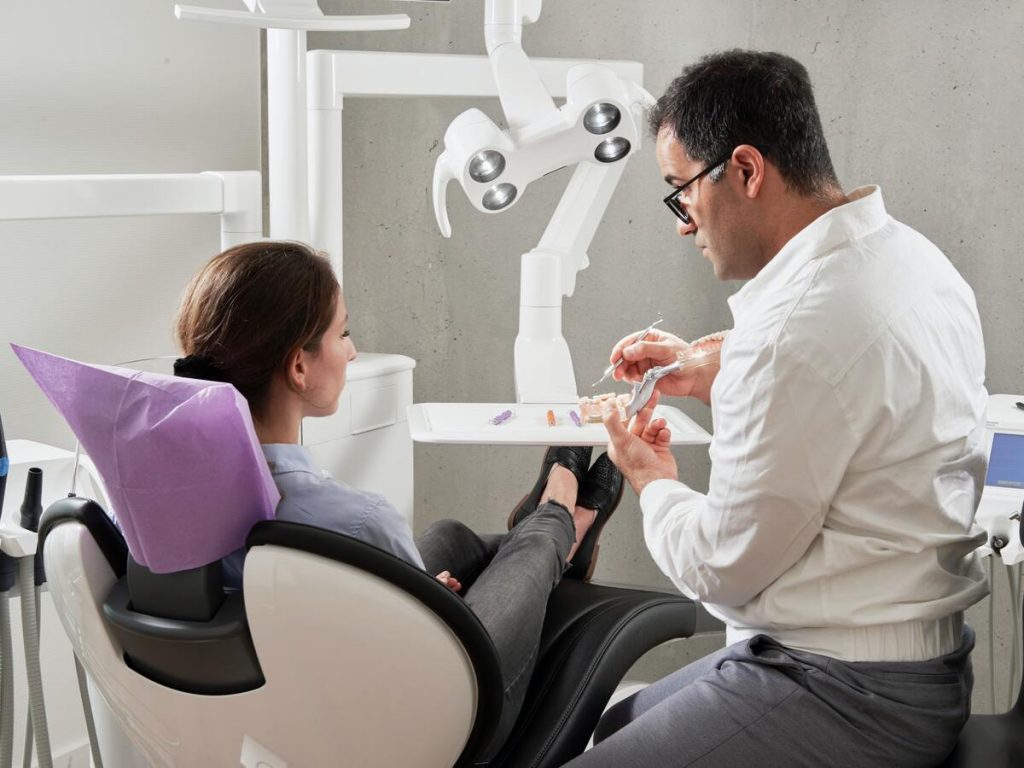If you’ve never had an appointment with a hygienist Richmond before, you might be wondering how this service is very different from a dentist. Is it really worth seeing another dental professional on top of your 6-month checkup? Well most of the time, these professionals are booked at the same clinic where your dentist works, and you would only see them based on a recommendation from your dentist, so why should you? And what does a hygiene-orientated appointment actually look like?
Why do I have to attend these appointments?
Dental hygienists can provide a range of relatively simple but extremely practical and useful treatments. They’re not specialists in the sense of providing complicated care but practical professionals like a technician for dental hygiene!
Preventive treatments
The majority of your time with a hygiene specialist will be focused on preventive treatments. The most common of these is the scale and polish, but deep cleanings above and below the gumline are also common. Aftercare when recovering from major dental procedures is also usually dealt with by the clinic’s dental hygiene professional.

If you are considered to be at a high risk of a condition that may be preventive, for instance, thin enamel putting you at risk of developing cavities, this can be mitigated with regular dental varnishing where a fluoride sealant will be applied to the surface of your teeth. This is performed by a dental hygiene professional in a dental surgery.
Many of these procedures are very simple and non-invasive, but this does not make them any less important. Actually, simple preventive care is probably responsible for more healthy attractive looking smiles than all of the fillings and restorative work combined.
Charting & screening
By charting and screening, the hygiene specialist acts as a second pair of eyes with many of the observation skills associated with a fully qualified dentist. They can carry out a thorough examination of suspicious growths and flag them up in your medical notes, measure your gum pockets as part of a periodontal examination and, where necessary, offer advice and guides to smoking cessation.
They also commonly administer moulds and partial impressions, but with the adoption of oral scanning, this is becoming less common.
Getting an appointment
Your hygiene specialist and dentist must communicate with each other. Many of the observations that a hygiene specialist would make will affect how dental procedures are carried out by your dentist. This also allows for simple matters to be dealt with without a full appointment.
But you do not have to visit a hygiene-based dental professional at your local clinic or one associated with your dentist if you do not wish to. You can book appointments with hygiene specialists for a one-off deep cleaning scale and polish or another procedure completely independent from the rest of the clinic. This can be a good option if you wish to maintain your hygiene routine whilst travelling or away from your local area. But if you do, it would be a good idea to inform them about your regular dentist so that they could pass on any medically relevant information.

